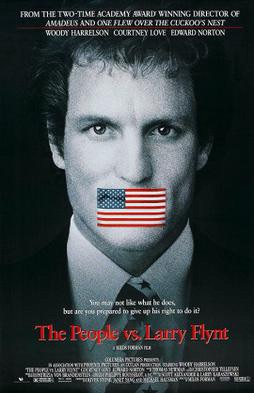A friend of mine James Pogue published an opinion piece long in the making about a new kind of Democratic. He deeply investigates the subtly misunderstood Representative Marie Gluesenkamp Perez of Washington.
I was really moved by his sincere engagement with a new kind of Democrat who is really an old kind of Democrat who spoke to America s who lived closer to the land and took pride in a type of communal and conservative stewardship of our country.
I felt it very deeply as someone between two worlds. I sense the grief and loss I carry everyday. If the nation had chose a different path, I wouldn’t have been shunted up and out in The Sort.
Maybe I’d have married to my high school sweetheart. He’s an EMT, didnt go so far from home and is a passionate outdoorsman. We were on different paths as is clear from where I landed but my respect for the life he leads endures.
I live an amazing life with a loving dedicated husband with whom I pursue a deeply aligned set of life goals. The blessings that have been showered on me by the Sort have been substantial. We we have almost maximum freedom to pursue our lives while.
I thank God that despite the changes that have ravaged much of the America, I grew up in most of what I know is incredible agency and comfort.
But there are other Americas who are not so lucky. I hold that William Gibson saw Cyperpunk as science fiction rooted in Appalachia. I see how he writes the near future and it’s one where the past still exists but some of us have been sent forward to the future.
In his almost present maybe I’d have in-laws I grew up with and maybe I’d have my parents nearby because we’d never have lost the house in Boulder and staying close would have made economic sense. Hippies really did want that world.
Maybe a world where “right to repair” has been enshrined would have allowed me to build and own the work I could do on the farms that surrounded our defense industrial focused land grant university. It’s hard to imagine what I would do in that other America.
I’d manage the organic school farm I worked to gain permits for that my mother built from the first year. It mostly existed to produced fruits and vegetables for those who worked it. Itd a fantastical idea that has little basis in economic reality but it’s a life that would make sense to almost anyone.
But instead I was off to acquire an enormous debt that was hard for me and my family to fathom to take huge gambles that I’d be a winner. And I was.
But I’ll never have my family, childhood house, or my town back. That America is gone. And when I wanted the pickup truck of the past I had to import it from the fucking Balkans. It’s expensive to be able to repair what you’ve got.
I’m writing this from a hotel in a trade capital where Alex and I are working while doing our yearly “firm” planning for the family because it was the best place to meet up based on his travel and mine as we run the ancient trade lines that have always ruled the world. That we can plan is a dream.
We aren’t aristocracy but agents of them. And if they ever tried to take our trucks or our guns what else would we have left but being “in service” and tut tutting over a lie of moral superiority for having achieved high rank by serving our betters.
I’ve never felt more America than in this moment, even though I’ll never ever get back the American whose logic forced me into achieving a bigger life than I’d ever imagined.
I just happen to know that it was achieved at the expense of my home and my family and a future that would have also been a life of beauty and meaning close to the land and a town that has benefited from an American government that worked a little bit more for the people around me.
Just because I have thrived doesn’t mean the cost wasn’t great. That would be a dismissal of the material reality that I know to be true. But isn’t it nice that I will be treated as a respected trader representing capital interests in some great capital. It’s freedom most certainly, but not the freedom that America promised. That one might be a little less grand. It’s a little bit firmer. And I am in the realm of the abstract.

